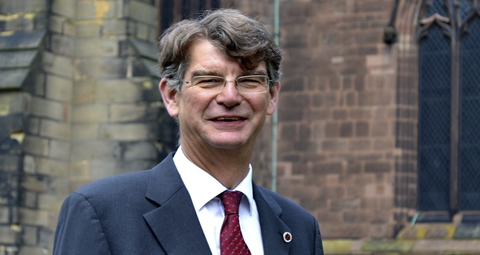September 18 | ![]() 0 COMMENTS
0 COMMENTS ![]() print
print

Assisted Dying Bill overwhelmingly rejected in the House of Commons
MPs voted overwhelmingly to reject the Assisted Dying Bill introduced by Rob Marris MP last Friday.
The vote, which came after almost five hours of impassioned debate on both sides, resulted in 330 against the bill and 118 in favour, a majority of 212.
The bill, proposed by Labour MP Rob Marris, was based on Lord Falconer’s bill, which ran out of time in the House of Lords before the general election.
It would have allowed people with fewer than six months to live to be prescribed a lethal dose of drugs; they would have to be capable of taking these themselves. Every case would have had to be approved by two doctors and a High Court judge.
When the issue was last debated in parliament in 1997, it was rejected by 234 to 89.
Labour MP Lyn Brown said she would vote against the bill because it would ‘fundamentally change the way our society thinks’ about the vulnerable.
“Life is a gift from God with all it entails,” Conservative MP Caroline Spelman said. She also highlighted the ‘increasing secularisation of society’ as a cause behind older people ‘feeling a burden.’
The result came following pressure from disabled rights groups, the medical profession, a number of charities and religious leaders.
In a statement Archbishop Peter Smith of Southwark, the chairman of the Department of Christian Responsibility and Citizenship for the bishops’ conference, said he now hoped that ‘excellent practice in palliative care’ would become a focus of political action.
“I welcome parliament’s recognition of the grave risks that this bill posed to the lives of our society’s most vulnerable people,” he said. “There is much excellent practice in palliative care which we need to celebrate and promote, and I hope now the debate on assisted suicide is behind us, that this will become a focus for political action. I am encouraged by the participation of so many Catholics throughout England and Wales in this important discussion and hope that everyone involved will continue to support calls for better quality care as life nears its end.”











